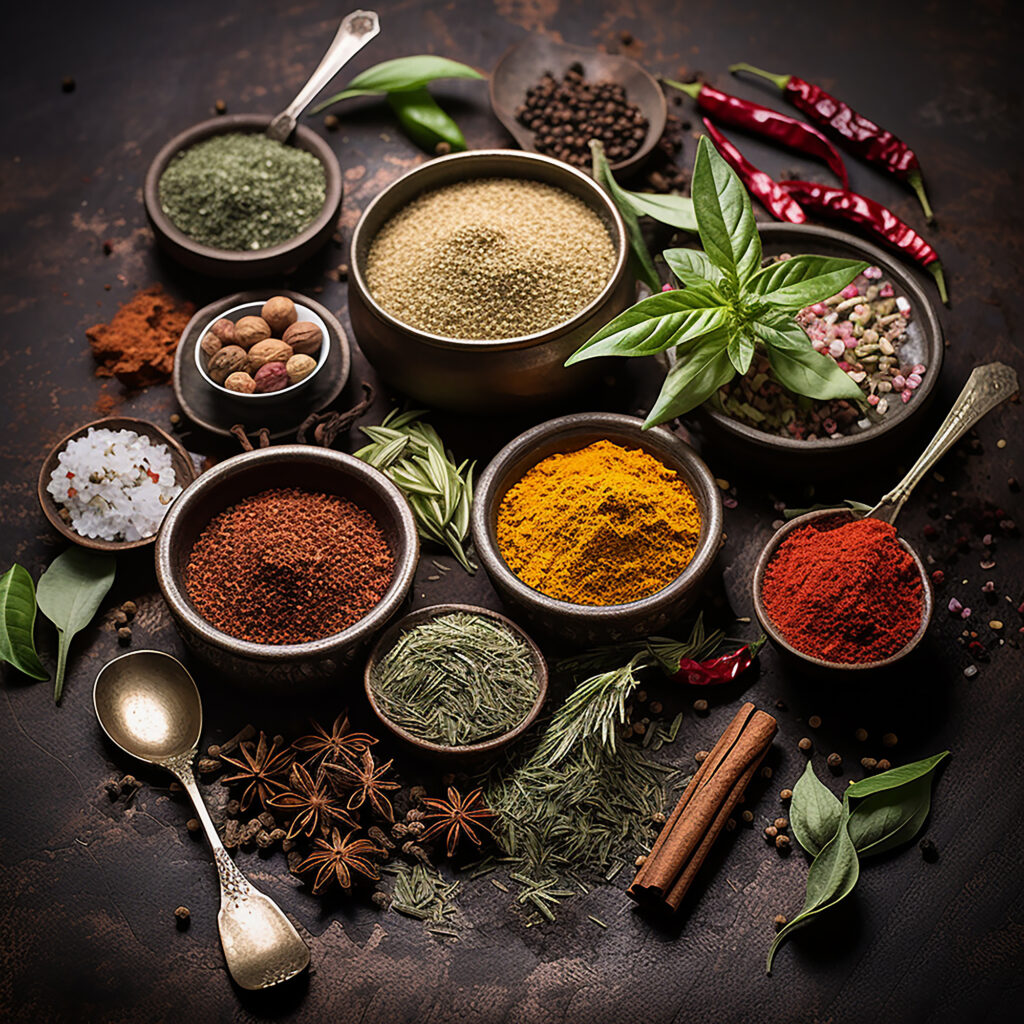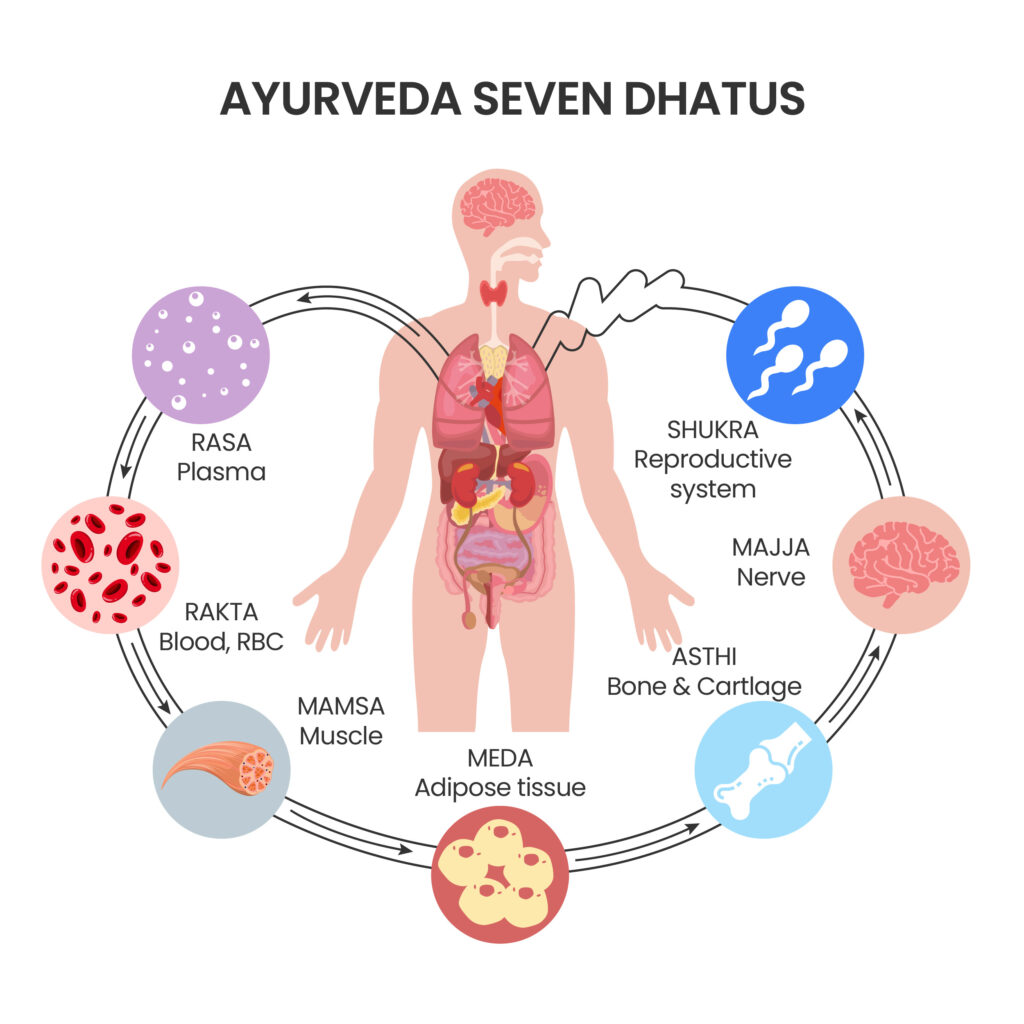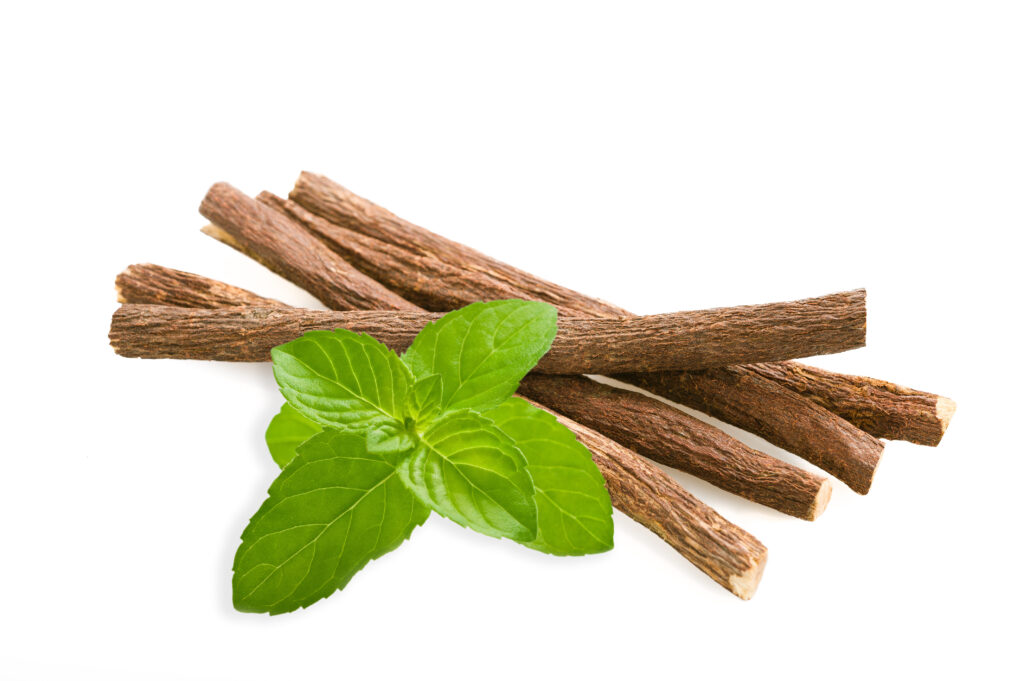
Ayurveda, also known as the ancient Indian medical system, draws its principles from ancient writings advocating for a ‘natural’ and holistic approach to both physical and mental health. It stands as one of the world’s oldest medical systems and continues to be a cornerstone of India’s traditional healthcare. Ayurvedic treatment integrates a variety of elements, including products primarily derived from plants but also encompassing animal, metal, and mineral sources, alongside diet, exercise, and lifestyle considerations.

In Ayurveda, “dhatus” refer to the seven basic tissues of the body. These are the fundamental building blocks that contribute to the structure and functioning of the human body. The seven dhatus are:
1. Rasa (Plasma)
2. Rakta (Blood)
3. Mamsa (Muscle)
4. Meda (Fat)
5. Asthi (Bone)
6. Majja (Bone Marrow)
7. Shukra (Reproductive Tissue)
Each dhatu has its own specific function and nourishes the subsequent dhatu in the sequence, forming a chain of nourishment and support within the body according to Ayurvedic principles.

1. Balance: Ayurveda emphasizes equilibrium within the body, akin to homeostasis in modern physiology. It involves maintaining optimal levels of bodily substances and functions to promote health.
2. Whole-Body Care: Ayurveda adopts a holistic approach, akin to the biopsychosocial model in medicine, by considering the interplay of biological, psychological, and social factors in health and disease.
3. Personalized Treatment: Ayurveda recognizes individual variability in health and disease susceptibility, akin to personalized or precision medicine approaches. Treatment plans are tailored based on a person’s unique constitution (prakriti) and imbalances (vikriti).
4. Natural Remedies: Ayurveda utilizes botanicals and natural substances for therapeutic purposes, aligning with the principles of botanical medicine and phytotherapy.
5. Prevention: Ayurveda emphasizes preventive strategies, similar to primary prevention approaches in public health, aimed at averting the onset of disease through lifestyle modifications, dietary interventions, and health-promoting practices.
6. Mind and Body Connection: Ayurveda acknowledges the bidirectional relationship between mental states and physical health, aligning with psychosomatic medicine principles. Practices such as meditation and yoga are integral for enhancing mental well-being and overall health.
7. Living with Nature: Ayurveda advocates for living in harmony with nature, akin to ecological health perspectives, by aligning daily routines, dietary habits, and seasonal practices with natural rhythms and environmental cycles.
These principles underscore Ayurveda’s comprehensive framework for understanding health and guiding therapeutic interventions, offering insights that resonate with modern biomedical and public health paradigms.
In Ayurveda, doshas are the three fundamental energies or bioforces that govern physiological and psychological functions within the body. The three doshas are Vata, Pitta, and Kapha, and each individual typically has a unique combination of these doshas, known as their prakriti or constitution. Here’s a brief overview of each dosha:
Balancing the doshas is a central aim of Ayurveda, as imbalances can lead to disease and discomfort. Ayurvedic practices such as diet, lifestyle modifications, herbal remedies, and therapeutic treatments are aimed at restoring balance to the doshas and promoting overall health and well-being.

Camomile is considered beneficial in Ayurveda, particularly for balancing Vata dosha. Chamomile tea, made from the dried flowers of the chamomile plant, has soothing and calming properties, making it ideal for promoting relaxation and reducing Vata-related symptoms such as anxiety, nervousness, and insomnia.
____________________

Liquorice root, also known as Yashtimadhu in Ayurveda, is primarily beneficial for balancing Pitta dosha. Pitta dosha is associated with qualities like heat, intensity, and acidity. Liquorice root has a cooling and soothing effect on the body, which helps to pacify excess Pitta and reduce symptoms of heat, inflammation, and acidity.
Additionally, liquorice root is also beneficial for Vata dosha, as it has nourishing and grounding properties that help to counteract Vata’s dryness and irregularity. However, it should be used in moderation for individuals with Kapha imbalance, as it can exacerbate qualities of heaviness and congestion associated with Kapha dosha.
Overall, liquorice root is most commonly recommended for Pitta dosha imbalances, but it can also be used to support Vata dosha when combined with other balancing ingredients.
Note: For individuals with high blood pressure or hypertension, consuming liquorice root may exacerbate their condition and lead to further increases in blood pressure levels. Therefore, it is generally recommended for those with high blood pressure to avoid or limit their intake of liquorice root.
____________________

Based on its heating and stimulating properties, this combination of cinnamon and ginger is particularly beneficial for balancing Kapha dosha in Ayurveda. Kapha dosha is associated with qualities like heaviness, sluggishness, and congestion.
Cinnamon and ginger, with their warming and digestive-stimulating properties, help to counteract these Kapha qualities by increasing digestive fire (agni), reducing heaviness, and promoting circulation. Therefore, this combination is often recommended for individuals with Kapha imbalance or during the Kapha season (late winter and spring) to help maintain balance and vitality.
Note: While these potential benefits are intriguing, it’s always advisable to consult with a herbalist professional for personalized advice, especially if you have specific health concerns or conditions.